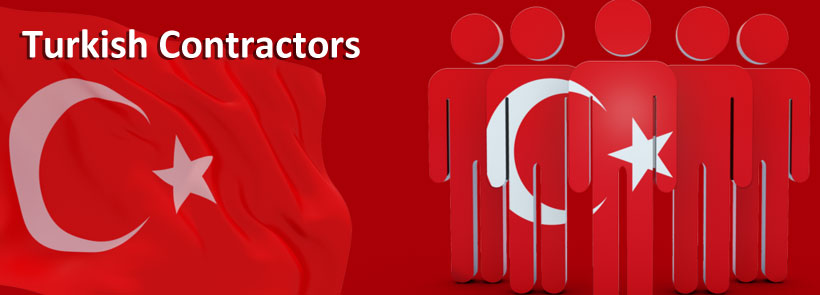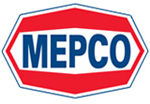
Turkish Contractors
Turkish Contractors under the Ankara Agreement
The Ankara agreement which was signed in 1963 by the European Union (EU) gives Turkish nationals the right to enter and establish themselves in the UK to provide goods or services on a self-employed basis. As such a Turkish contractor can be hire to fill a job vacancy for which specialist skills are required or the job vacancy itself is a temporary assignment. Skills Shortage Certain industrial sectors have always suffered from skill shortages. The introduction of the Work Permits Scheme in 1999 was meant to combat these difficulties and allow UK business to grow. However the introduction of the points based system coupled with the Immigration Cap complicated the process of recruiting Non-EU skilled staff, to the extent that it is no longer viable to supplement skill shortages from outside of the EU.
The Solution
As a consequence of the skill shortages Mepco UK intends to supply highly skilled contractors from Turkey, utilising the terms of the Turkish ECAA (Ankara Agreement) which is not subject to the current immigration restrictions.
Mepco’s Offer under the Ankara Agreement
Mepco can assist in establishing a working relationship between UK based businesses and Turkish contractors. While there are challenges to such contracts there are considerable benefits:
- Cost – The overall cost will be similar to in house employment costs
- Flexibility – The contractors will be flexible and work around the needs of the contractee.
- Administrative – Turkish nationals entering under the Ankara Agreement are subject to the Immigration Rules in place on the 1st of January 1973. Therefore; no sponsorship licence is required. No detailed monitoring of the worker’s status or other complex immigration related red tape. Just straight down to business.
Mepco’s Role in Supplying The Service
Mepco will provide the necessary ongoing support services to both the Turkish contactors and the UK based contractees to ensure that both parties are compliant with the immigration rules and IR35. The support service will include the following:
- Introductions (when & where required) of both parties.
- Limited advice and support for negotiating business rates.
- The initial visa application to the subsequent extension applications for the contractors.
- Helping the Turkish national to get settled and to establish themselves as a business person in the UK in a quick and efficient manner
- Contract infrastructure and ongoing Contract Management support services for both concerned parties.
- Invoicing & Factoring services
- Filing of tax returns and company accounts for the contractor
- Managing the relations with the tax authorities ensuring that the requirements of IR35 are met.
- Guidance Indemnification and insurance for the contractor.
Conclusion
It is only natural to be apprehensive about any new business model. In 1999 when the Work Permits Scheme was introduced as a solution to the UK’s staffing needs most businesses throughout the UK were just as apprehensive, however those first pioneers who began to employ foreign staff on Work Permits immediately gained an advantage over their competitors. By 2002 almost all major businesses in UK were employing migrants on the Work Permits Scheme and by 2008 when the UKBA made it a lot more expensive and complex by introducing the points based system, most of these business became stake holders in the new system due to the high standards and work ethic demonstrated by majority of their migrant staff and this trend continued until the government introduced the Immigration Cap. One of the biggest differences between the Points Based System and the Ankara Agreement is that of certainty. Over the last couple of years the government moved the goal posts on migrant recruitment so many times that the system looks almost arbitrary. With the Ankara Agreement the government cannot make changes due to the Standstill Clause, which has frozen the immigration rules for Turkish Nationals. As a result, the Turkish contractor and British contractee can continue to trade with the knowledge that only the immigration rules that existed in 1973 (i.e. HC509) can apply to Ankara agreement. The only way the government could ever apply the Immigration Cap to Turkish nationals would be to renegotiate the treaty directly the Turkish Government. If you have a job vacancy in your organisation that requires a highly specialized skill difficult to obtain or the post intermittently requires a person then why not contact us to discuss the option of outsourcing the vacancy to a Turkish contractor. Trying this business model would not require any red tape, a binding employment contract or commitment to a PBS sponsor licence. Therefore the risk minimal, if it does not work out. However if it works the benefits would be phenomenal giving your business you a competitive edge.

